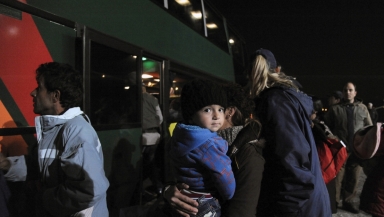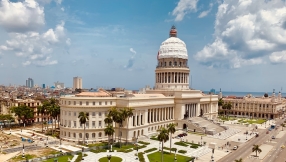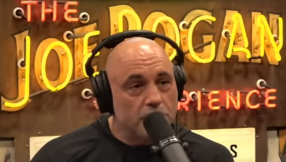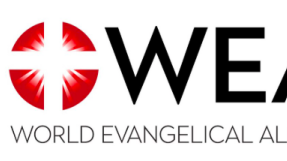
The Refugee Council has attacked the Prime Minister ahead of an unprecedented United Nations (UN) summit for refugees and migrants aimed at getting the 193 UN member states to agree a more coordinated approach to the international crisis.
Theresa May is due to address the summit later today, and Number Ten has briefed certain newspapers that she will call for a greater distinction between refugees and 'economic migrants' and say that the UK has a "right" to control its borders.
The Refugee Council said in a statement that May's approach was "deeply disappointing".
It said: "According to media reports, the Prime Minister's speech will focus on border control, rather than saving lives as she calls for refugees' movements to be limited even further. At the moment, the vast majority of the world's refugees only get as far as the country neighbouring their own: the UN's Refugee Agency estimates 86 per cent of the world's refugees live in developing countries. In comparison, very few refugees seek safety in Europe."
The statement went on: "Last September, in acknowledgement that such a system was unfair and unsustainable, European leaders agreed to relocate 160,000 refugees away from Italy and Greece to other countries to help ease the pressure. However the scheme has been painfully slow; in the last year, only around 4,000 refugees have been relocated. The UK has refused to take any at all."
Last week, more than 50 charities, including the Refugee Council, called on the Prime Minister to use today's summit as an opportunity to commit to offering more refugees safe passage. "It's extremely disappointing that she appears not to have listened," the charity said.
Refugee Council chief executive Maurice Wren said: "What we really need to see instead is the UK leading by example, adopting sustainable solutions aimed at saving refugees' lives and implementing a more equitable system for sharing responsibility for protecting them."
Ahead of the summit, May said: "Across the world today, we are seeing unprecedented levels of population movement and we need to work together to find a better response, which focuses our humanitarian efforts on those refugees in desperate need of protection and maintains public confidence in the economic benefits of legal and controlled migration.
"This is an urgent matter – more people are displaced than at any point in modern history and it is vital that we provide ongoing support for those people most in need of protection...But we cannot simply focus on treating the symptoms of this crisis, we need to address its root causes too. While we must continue our efforts to end conflict, stop persecution and the abuse of human rights, I believe we also need a new, more effective global approach to manage migration."
Meanwhile, in London's Parliament Square, charity campaigners have created a display of 2,500 life jackets depicting refugees who have died crossing the ocean into Europe.
The charities, which include Help Refugees UK, said it would "remind leaders of the risks families have taken to reach safety, the need for solidarity with refugees, respect of their rights and more international responsibility sharing".
They added that the summit was a "historic opportunity to garner the political will of world leaders to save lives, protect rights and share responsibility on a global scale".
2,500 lifejackets placed in Parliament Square representing those who lost their lives trying to reach Europe pic.twitter.com/xvgVbBj7pd
— HelpRefugeesUK (@HelpRefugeesUK) September 19, 2016
The UN meeting comes ahead of a leaders' summit on refugees tomorrow, hosted by US president Barack Obama alongside Canada, Ethiopia, Germany, Jordan, Mexico and Sweden.
The gatherings take place as the global refugee crisis reaches an apparent climax. According to the UN's figures, by the end of 2015 a record 65.3 million people had been driven from their homes by conflict and persecution, meaning that one in every 113 people globally is either an asylum-seeker, internally displaced or a refugee. This is an increase of five million refugees in one year.
According to some estimates, an average of 24 people worldwide were forced to flee every minute last year.
"This is the first time the General Assembly has called for a summit at the Heads of State and Government level on large movements of refugees and migrants and it is a historic opportunity to come up with a blueprint for a better international response," the UN said. "It is a watershed moment to strengthen governance of international migration and a unique opportunity for creating a more responsible, predictable system for responding to large movements of refugees and migrants."
David Miliband, the former Labour foreign secretary, yesterday called for the UK to take in four times as many refugees as it is currently pledged to take.
"Frankly, the UK should be saying we'll take 20,000 or 25,000 a year, so four times the current level, 25 refugees per parliamentary constituency rather than just six, because countries like Canada are already doing that," he told Sky News.
"So I think the UK could do more on the refugee resettlement side to match the frankly exemplary performance that the UK has on international humanitarian aid."
Former Prime Minister David Cameron committed the UK Government last year to taking 20,000 refugees over five years.













